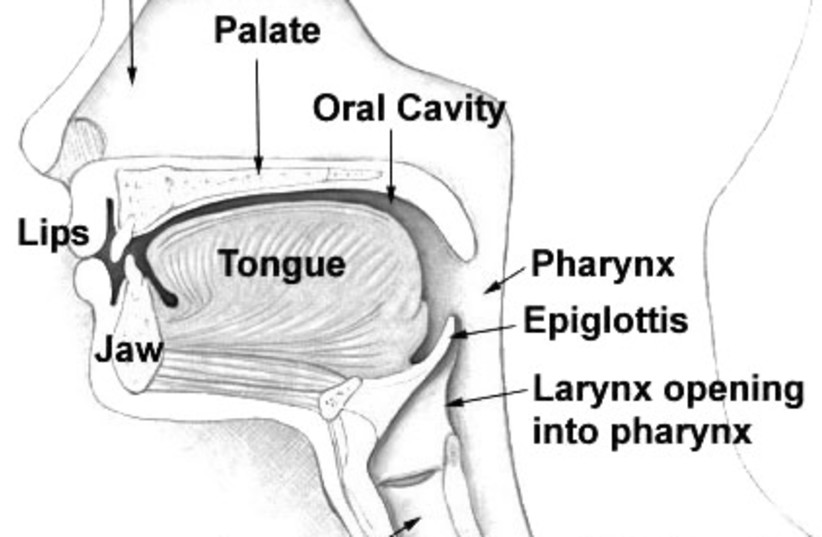Researchers from Japan and Europe have proven in a new study that the evolution of the human larynx contributed to people's ability to make complex sounds.
The peer-reviewed study, published on Thursday in the journal Science, used anatomical, phonal and modeling strategies and found that the human larynx is simplified compared to other primates, rather than more complex, which enables humans to produce clearer sounds.
Primates have thin, ribbon-like vocal membranes that poke out of their vocal folds. It is widely believed, based on previous research by Dr. Sugio Hayama, that humans shed these features via evolution, according to Kyoto University in Japan.
In order to gain a better understanding of the evolution of human speech, the researchers observed the sounds made by a range of primates and developed mathematical models. They found that the stability of the sounds required simplifications in the larynx, such as the evolutionary loss of air sacs and vocal membranes.
The researchers concluded that the loss of vocal membranes through evolution enables humans to avoid chaotic sound patterns that are commonly produced by other primates and thereby produce stable vocalizations that can convey phonetic information.
Furthermore, the researchers found that human spoken language became more complex as a result of these evolutionary changes.

Remarks by the lead study author
“Paradoxically, the increased complexity of human communication involved a simplification of our vocal anatomy.”
Takeshi Nishimura, Kyoto University Center for the Evolutionary Origins of Human Behavior
“Paradoxically, the increased complexity of human communication involved a simplification of our vocal anatomy,” said lead study author Takeshi Nishimura from the Center for the Evolutionary Origins of Human Behavior at Kyoto University.
